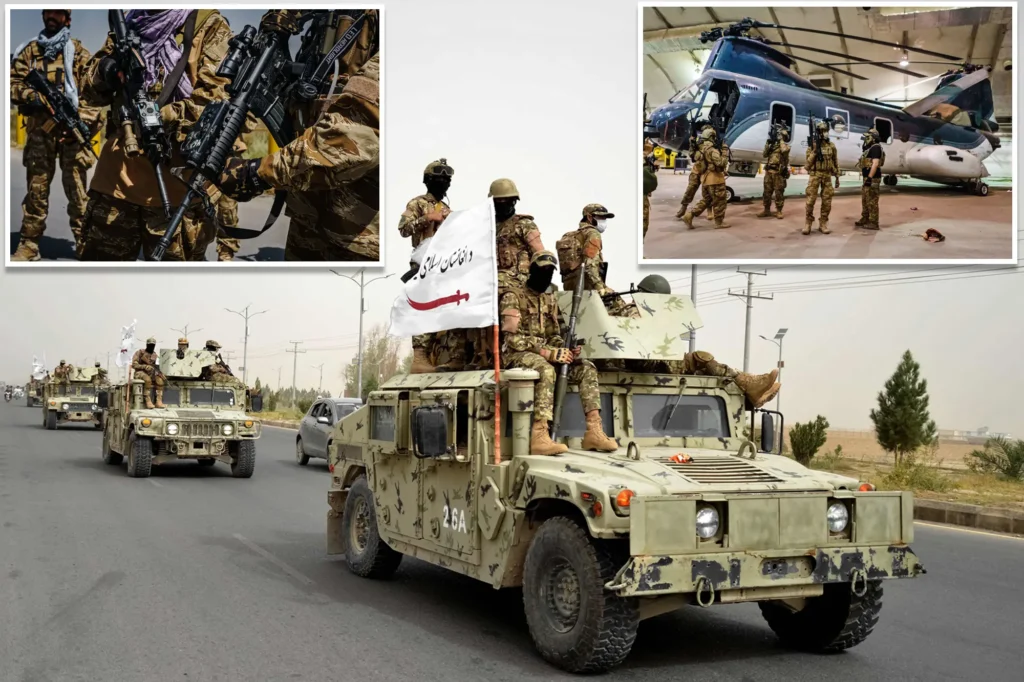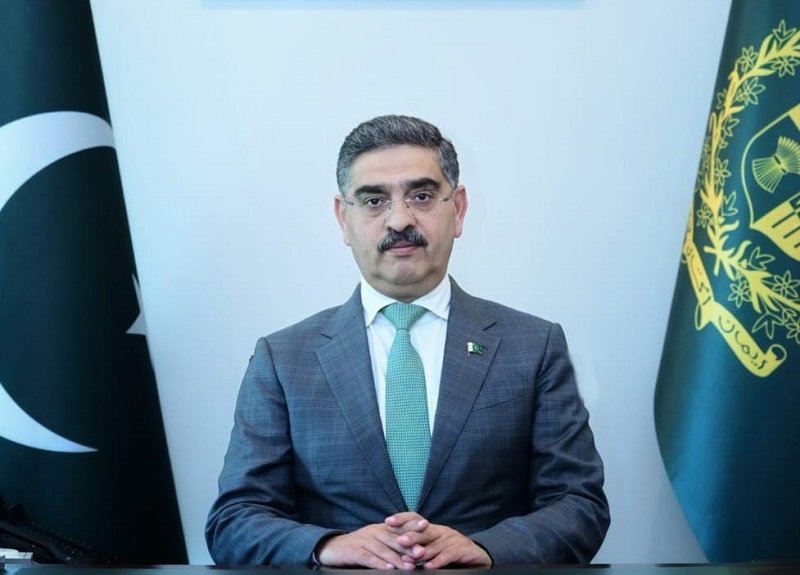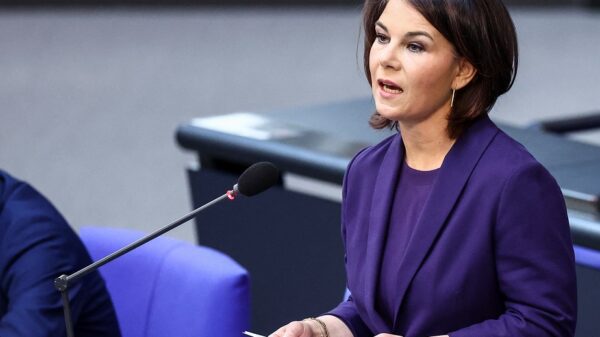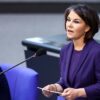ISLAMABAD: The caretaker prime minister of Pakistan, Anwaar-ul- Haq Kakar has asserted that US military equipment, abandoned during the American withdrawal from Afghanistan, has ended up in the possession of militants.
Speaking to foreign journalists, Prime Minister Anwaarul-Haq Kakar stated that the equipment, encompassing a wide range of items such as night vision goggles and firearms, is currently posing a new challenge.

He emphasized the necessity of adopting a “coordinated approach” to address the issue of the remaining equipment. Kakar also highlighted that Pakistan-Afghanistan relations have deep cultural, faith-based, and social integration connections.
He further added, “Pakistan showed magnanimity to the Afghan refugees and the government is coming up with a policy to address the challenge of illegal immigrants.”
General elections
In response to a question, Kakar stated that all registered political parties would receive an equal opportunity to participate in the general elections without bias.
However, he pointed out that in some cases, political conduct transformed into vandalism, and the country’s existing laws were already in place to address such behavior.
CPEC
Anwaarul Haq Kakar further emphasized that the people of Balochistan welcomed every project within the second phase of the China-Pakistan Economic Corridor (CPEC), regardless of any political affiliation.
He reaffirmed the government’s commitment to take any necessary measures to ensure the safety of Chinese workers involved in CPEC projects.
Regarding the substantial $6 trillion reserves of copper and gold in Balochistan, the prime minister stated that the Reko Diq project would commence soon.
Saudi Arabia To Invest $25 Billion In Pakistan Over 2-5 Years, Says Interim PM Kakar
Meanwhile, while speaking to foreign journalists at his office, the prime minister emphasized that his government’s primary focus is on restructuring fiscal and monetary policies to lay the foundation for economic recovery, rather than redesigning the government structure.
He described the Special Investment Facilitation Council (SIFC) as a key strategy for revitalizing the economy, with a particular focus on agriculture, mining, minerals, defense production, and information technology.










